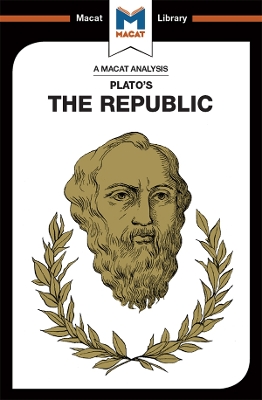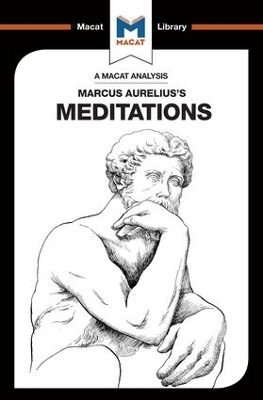The Macat Library
4 total works
The Republic is Plato's most complete and incisive work – a detailed study of the problem of how best to ensure that justice exists in a real society, rather than as merely the product of an idealized philosophical construct.
The work considers several competing definitions of justice, and looks closely not only at what exactly a "just life" should be, but also at the ways in which society can organise itself in ways that maximise the opportunities for every member to live justly. Much of the discussion is via imagined dialogues, giving Plato the opportunity to deploy the tools of Socratic debate to remarkable effect; nowhere else, it can be argued, is the Socratic dialectic better exemplified than in The Republic.
In large measure, Plato's success is the product of the acute analytical ability that he demonstrates throughout his surviving oeuvre. No one is better at understanding the relationships between the various parts of a successful argument than Plato, and The Republic also demonstrates the Greek philosopher has few peers when it comes to looking for and highlighting the core assumptions that underlie an argument. The demolition of competing views that Plato puts into the mouth of Socrates is based on a series of relentless interventions and counter-examples that this mastery makes possible.
Combining analytical skills with great powers of reasoning to produce a well-structured solution that deals emphatically with counter-arguments, Plato crafts one of the most enduring works of philosophy in the entire western canon.
Despite being written between 170 and 180, Marcus Aurelius’ Meditations often resonates with modern readers because of its remarkable resemblance to a self-help book. Written as a series of personal notes in the last decade of his reign as Roman emperor, the meditations were never intended for circulation. But they remain today among the classics of stoic philosophy – and as exquisite examples of problem-solving.
Meditations sees a great leader engaged in solving one of the central problems of all philosophy: how to live a good life. Marcus Aurelius is quick to ask questions and generate solutions, all of which lead him to a greater understanding of what a good life really is. He makes the decision that philosophy is an important tool we can use every day to help us understand and deal with the world. The best way to get to the bottom of a problem, he records, is to analyze its different aspects with care – this will help to ‘dissolve’ the issue. To keep our minds well balanced, it is vital to keep our desire for the material and the sensual in check to avoid falling prey to negative behaviors like jealousy, quarrelling and indulgence. Philosophy, the Meditations show, can also help us to understand other people’s problems and difficulties – acting as a continual spur to the consideration and resolution of problems, wherever they arise.


